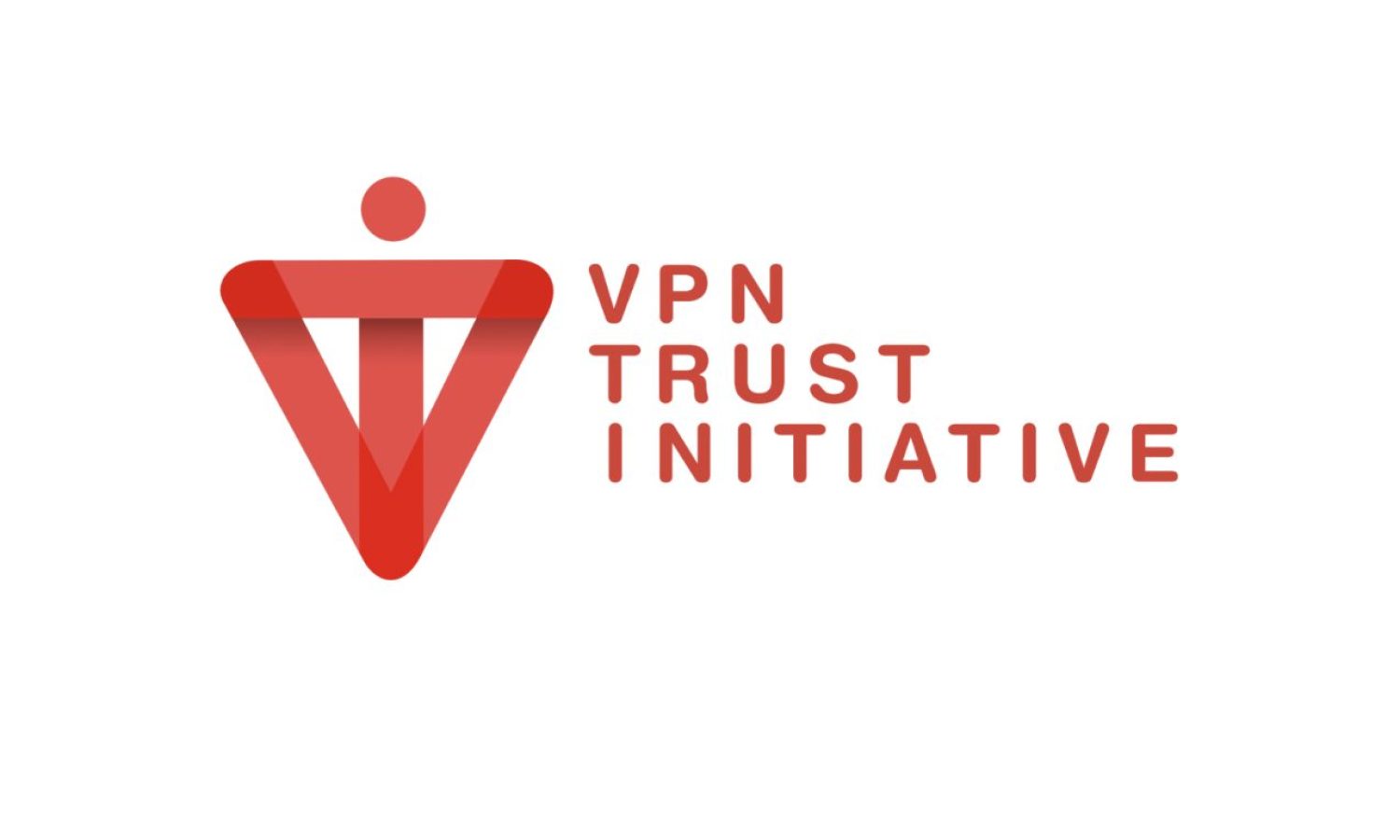How VPNs Work
Welcome to the VPN Trust Initiative’s three-part explainer on virtual private networks, how they work, and what they’re used for. This is Part 1; you may also be interested in Part 2 (Benefits of VPNs) and Part 3 (Types of VPNs and FAQs).
This series is delivered by the VPN Trust Initiative (VTI) is a consortium of leading VPN providers focused on improving digital safety for consumers by building understanding, strengthening trust, and mitigating risk for VPN users. The first step is getting everyone on the same page about what a VPN actually is, so let’s start there.
What is a VPN? Virtual Private Networks 101
A VPN, or Virtual Private Network, is a tool that encrypts your internet traffic and hides your IP (Internet Protocol) address to ensure a secure and private connection to the internet. This encryption prevents third parties from snooping or collecting data about your activity because all information stays hidden behind a code.
In an era where digital security and privacy are paramount, Virtual Private Networks (VPNs) have emerged as critical tools for safeguarding these fundamental rights. VPN services not only benefit personal freedom and security in the digital world but businesses as well, allowing them to secure remote connections to internal resources.
How does a VPN work?
Creating a secure connection
A virtual private network works by creating a secure encrypted connection between the device and a remote server. This way, the data that travels through an encrypted tunnel can not be seen by any intermediary. On top of that, a VPN changes a device’s IP address, making browsing safer and more private.
Authentication: When a user attempts to connect to a VPN service, the client (user’s device) undergoes a process of authentication with the VPN server. This step is crucial for establishing a secure connection and can be achieved through various methods such as usernames and passwords, security tokens, or certificates.
Changing your IP address
Once your Internet traffic goes through the VPN tunnel, your IP address changes. Instead of seeing your IP address, the websites and services you visit see the IP address of the VPN server.
Encrypting your data
A VPN encrypts all your traffic to make sure the tunneling process is secure. The encryption hides your data under a code so that no third parties can access your sensitive information. Upon successful authentication, a secure connection is established between the client and the VPN server. Both the client and the server participate in encrypting the data that will be transmitted. This encryption ensures that any data sent over the internet is not easily readable by anyone who might intercept it.
Understanding the basics of a VPN
- What is a VPN tunnel?
A VPN tunnel is a secure connection between your device and the internet. This tunnel acts as a secure conduit through which data can travel between the user and the VPN server. The encryption within the tunnel prevents external entities from viewing or accessing the data. Tunneling relies on encapsulation, which hides VPN communications on the public internet. So if someone were to check your Internet connection, they’d see that you are using a VPN, but not what you’re doing.
- What is encapsulation?
As part of creating this secure tunnel, a VPN encapsulates each data packet. This involves wrapping the original data packet in an outer packet, complete with a new header. The outer packet is encrypted, which disguises the contents of the inner packet, thereby securing it for transmission. This process occurs at the client’s end before the data is sent, and the encapsulated packets travel through the encrypted tunnel.
- What is decryption?
When the encapsulated data arrives at its destination (either at the VPN server or the client, depending on the direction of the data flow), it undergoes decryption. The decryption process removes the outer encrypted layer to reveal the original data packet, allowing it to be accessed and used.
Next up is Part 2: The benefits of VPNs.
About the VTI and i2Coalition
The VTI is an initiative of the i2Coalition, the leading voice for web hosting companies, data centers, domain registrars and registries, cloud infrastructure providers, managed services providers, and related tech. The mission of the i2Coalition is to keep the Internet open as an engine for growth and innovation. We work with Internet infrastructure providers to advocate for sensible policies, design and reinforce best practices, help create industry standards, and build awareness of how the Internet works.
If you are part of the Internet infrastructure industry, we invite you to join us.

